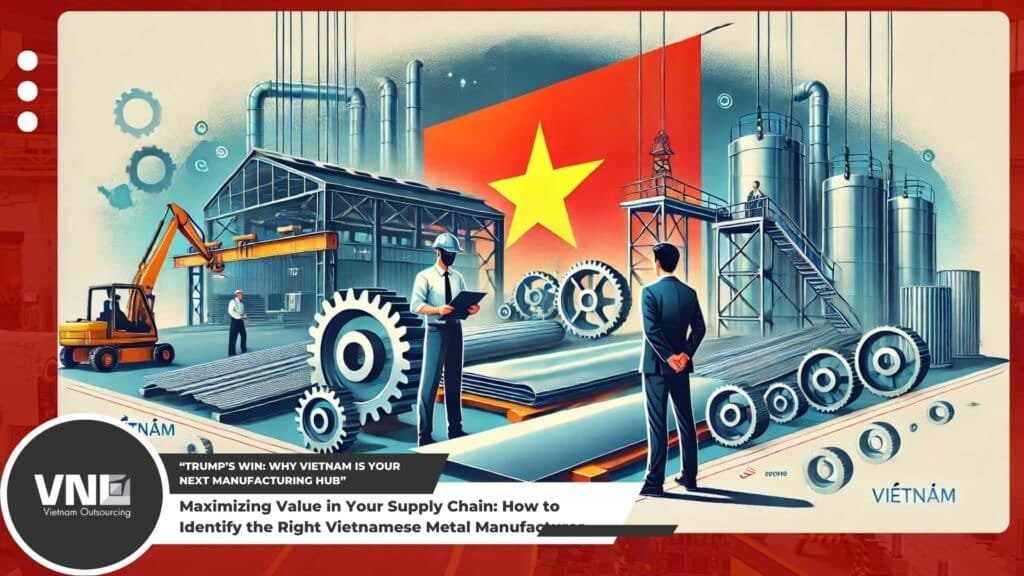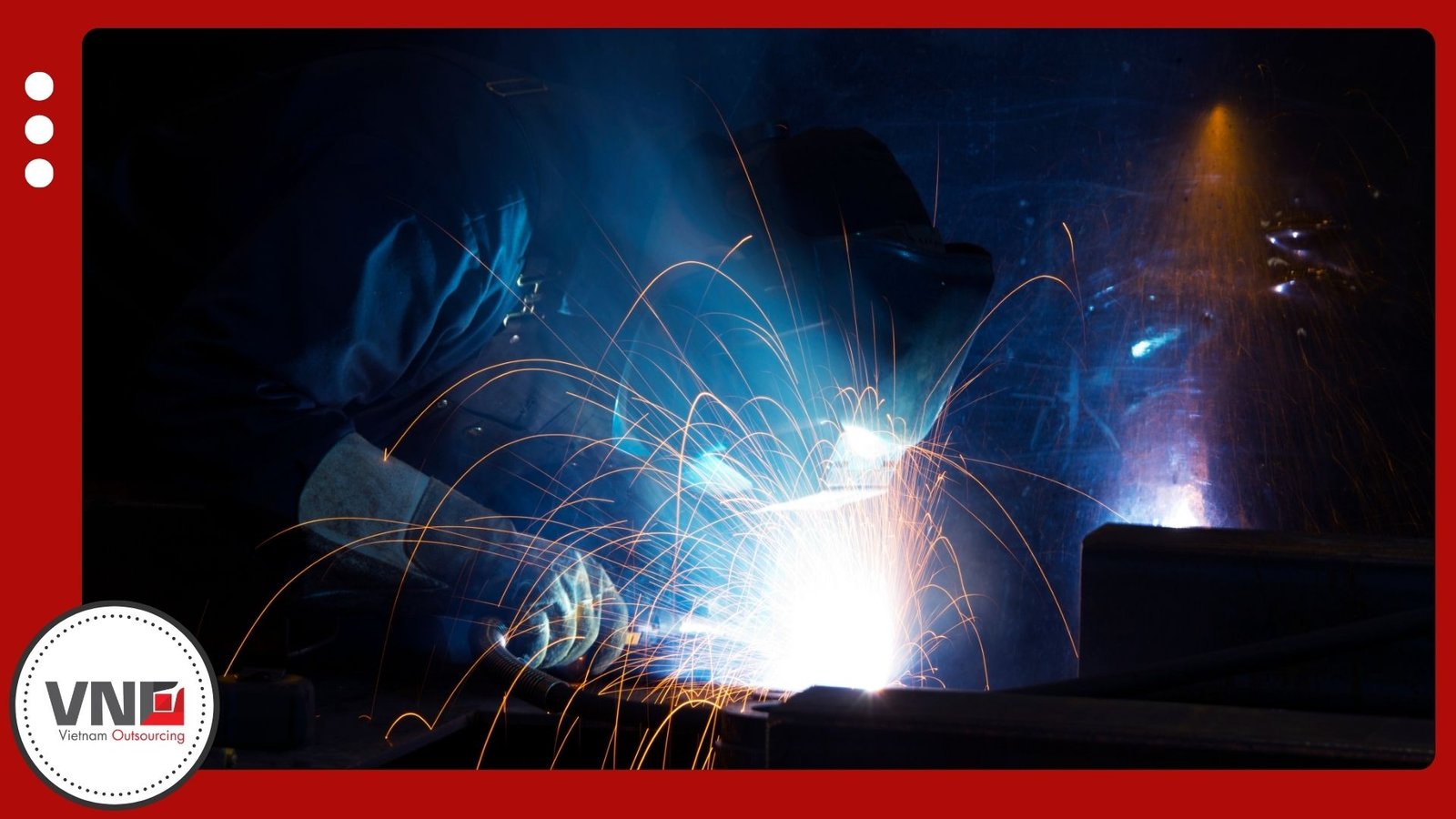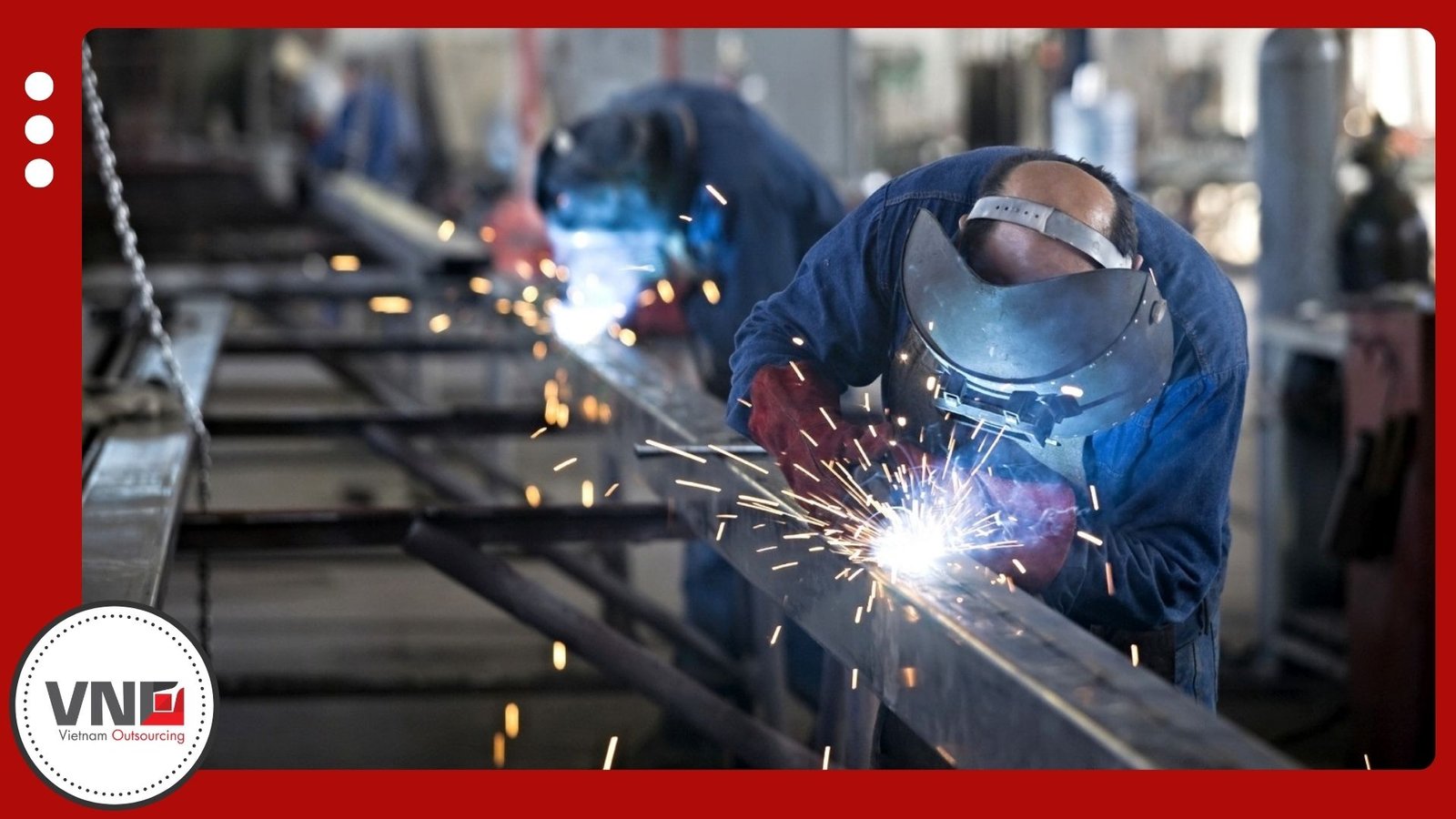Introduction
Vietnam has emerged as a leading destination for companies seeking cost-effective, high-quality production. For Western buyers, partnering with the right Vietnamese metal manufacturer can be the key to securing long-term supply chain stability and international competitiveness.
Success, however, depends on more than just cost savings. It requires thorough supplier audits, a deep understanding of manufacturing capabilities, and the ability to build strong relationships. This article provides actionable strategies to help you identify the best Vietnamese metal manufacturers and maximize value when outsourcing to Vietnam.
1. Conduct Comprehensive Supplier Audits
Supplier audits are the cornerstone of any reliable partnership. They reveal whether a Vietnamese metal manufacturer can consistently meet your technical and compliance requirements.
Audit Key Areas
-
Facility Infrastructure: Assess the manufacturer’s capacity to handle complex processes such as sheet metal forming, die casting, or precision machinery production.
-
Quality Control Systems: Check for internationally recognized certifications (e.g., ISO 9001) and evaluate systems for defect detection, root-cause analysis, and corrective actions.
-
Workforce Expertise: Skilled labor is critical for intricate products like aluminum components, copper parts, or hydraulic press machine frames.
Leverage Third-Party Auditors
Hiring independent auditors ensures objectivity. These experts evaluate production processes, adherence to international standards, and overall operational efficiency, helping you make data-driven decisions.
2. Evaluate Manufacturer Capabilities
Choosing a metal manufacturer requires more than reviewing certificates—it involves understanding how well they can scale production, integrate technology, and manage Vietnam Supply Chain.
Assess Production Capacity
-
Confirm they can deliver both small batches and large-volume orders.
-
Ensure they can manufacture specialized products such as rail guard safety systems, roof jacks, or precision valves without compromising quality.
Check Technological Integration
Advanced factories in Vietnam increasingly leverage robotics, IoT, and AI-driven systems to boost precision and efficiency. For example, manufacturers producing main chutes or copper components often rely on CNC machining and automated quality checks to meet Western buyers’ strict requirements.
Review Supply Chain Practices
A resilient Vietnamese metal manufacturer should demonstrate:
-
Multiple raw material sourcing channels.
-
Strong logistics networks to handle exports smoothly.
-
Contingency plans for disruptions.
3. Build Strong Relationships with Vietnamese Partners
Long-term success with a Vietnamese metal manufacturer depends on trust, collaboration, and cultural awareness.
Embrace Cultural Sensitivity
Vietnamese business culture values stability and loyalty. Regular visits, transparent communication, and long-term commitment help build trust with factory managers.
Set Clear Expectations
-
Define measurable quality benchmarks for sheet metal or precision machinery parts.
-
Agree on delivery timelines and penalties for delays to avoid costly misunderstandings.
Collaborate on Continuous Improvement
Proactive buyers often share design feedback, co-develop process enhancements, and encourage investments in advanced training. This collaborative approach creates a win-win partnership.
4. Leverage Local Expertise
Working with local consultants or procurement specialists can simplify the process of selecting the right Vietnamese metal manufacturer.
Benefits of Local Expertise
-
Market Insights: Access to reliable shortlists of vetted suppliers.
-
Regulatory Navigation: Assistance with labor law compliance, environmental standards, and customs procedures.
Partnering with Professional Agencies
Outsourcing agencies in Vietnam can handle supplier evaluation, contract negotiations, and ongoing quality monitoring—allowing you to focus on core business objectives while minimizing risks.
5. Conduct Regular Performance Reviews
To maintain competitiveness, buyers must continuously evaluate their Vietnamese manufacturing partners.
Monitor Key Metrics
Track KPIs such as:
-
Product quality and defect rates.
-
On-time delivery percentages.
-
Flexibility with design changes or urgent orders.
Implement Corrective Measures
Open communication and regular review meetings can resolve issues before they escalate. Joint problem-solving strengthens trust and ensures continuous improvement.
Conclusion
Partnering with the right Vietnamese metal manufacturer allows Western businesses to benefit from cost advantages, reliable quality, and a resilient supply chain. By conducting thorough audits, evaluating technological and operational capabilities, and fostering long-term relationships, you can ensure your manufacturing partnerships deliver consistent value and you can find more insight at Compliance & Supply Chain in Vietnam.
Leveraging local expertise and maintaining transparent communication will help your business thrive in Vietnam’s dynamic manufacturing landscape. Whether sourcing aluminum components, precision machinery, or copper products, Vietnam offers unmatched opportunities for global buyers.
Looking for a trusted Vietnamese metal manufacturer? Contact Vietnam Outsourcing (VNO) today to secure high-quality, cost-effective solutions for your business needs.









